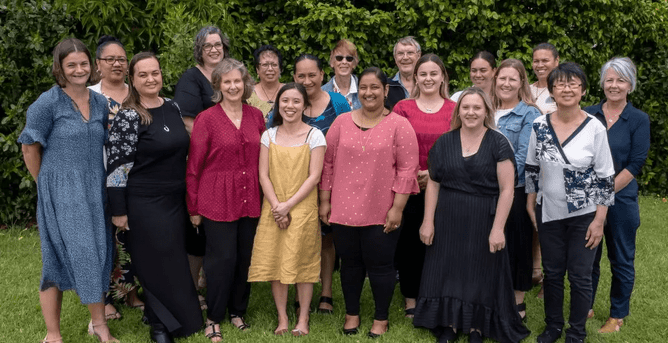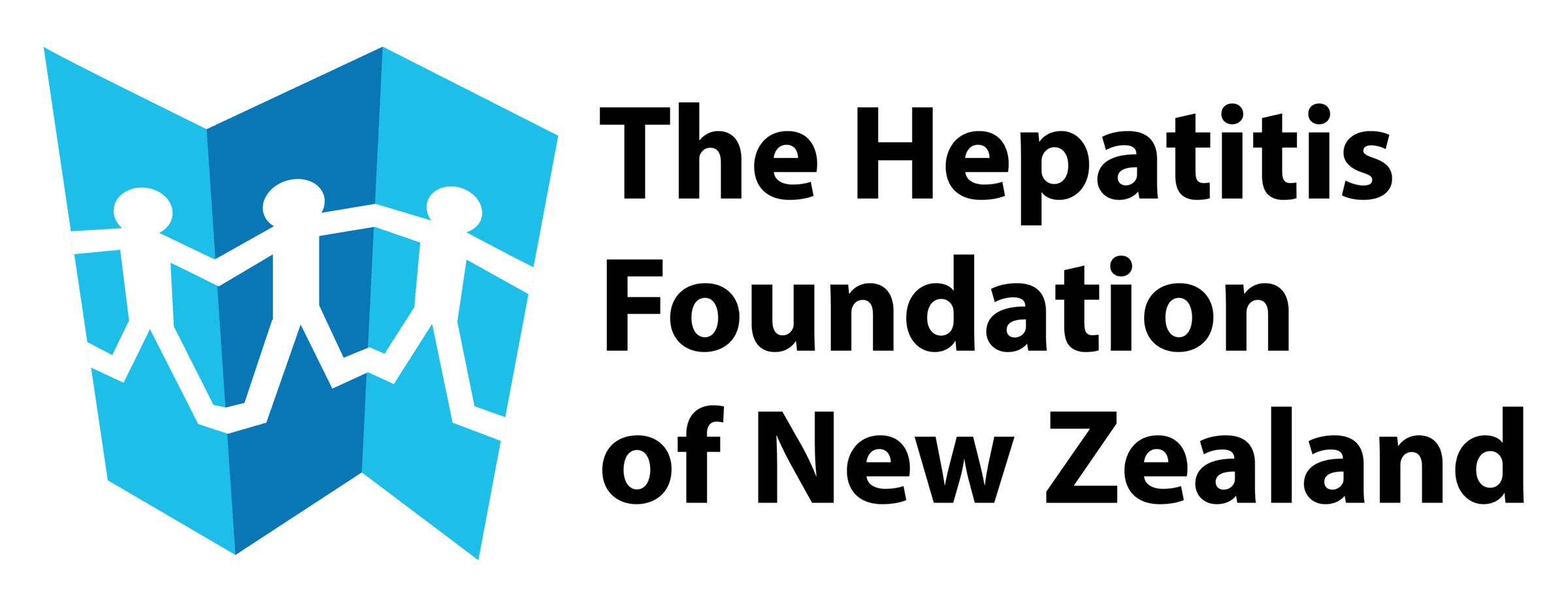This year has been another busy one for us, with our clinical team reviewing 1016 patient cases and 2998 calls coming through our helpline. There have also been 683 people with hepatitis B referred to us, 32,791 patient emails and letters sent, and 23,177 blood test forms provided to patients. Our nursing team has done 326 fibroscans.
Over the past year we have focused on encouraging patients to receive blood test forms and results by email, saving money on postage and making the process more secure for them. Our nurses have been offering virtual consultations and we encouraged our patients to take up opportunities to attend these, as well as using e-laboratory requests.
We were very excited to have clinician Dr Chris Moyes and long-time nurse Helen Purcell receive Queen’s Honours for their services to healthcare. Chris has been one of our clinicians since the foundation’s inception, as well as working for Whakatane Hospital as a paediatrician. In the 1980s, he played a key role in researching hepatitis B (HBV), as children in parts of New Zealand had high infection. He was a member of the South Pacific Advisory Group, established to seek HBV vaccine information, conduct epidemiological studies and monitor people with the virus.
Chis has also worked with kaumātua in the Eastern Bay of Plenty to improve access to testing, monitoring and treatment for Māori living with hepatitis B.
Helen helped set up an STD clinic in Whakatane and was our first hepatitis community nurse, driving purpose-built caravans around the North Island to test people and provide follow-up care and support. As a public health nurse for Volunteer Service Abroad, she established a hepatitis B testing programme in Vietnam. Through her close relationships with Māori and Pacific Island communities, Helen has also helped us ensure continuous testing, monitoring and support of high-risk patients.
She is part of a six-strong nursing team, led by nurse manager Jillian White, which supports people around NZ living with hepatitis B.
We continue to partner with international research organisations in ground-breaking research to identify early predictors of liver cancer and other complications, including cirrhosis and liver failure. Through this research we hope to help reduce the devastating health burden associated with hepatitis B. We also support clinical trial units around NZ.
Hepatitis B treatments are going through clinical trials and we hope a cure will be available within five years.
Viral hepatitis is highly represented in indigenous people, particularly the case for Māori and Pacific Islanders, who are more likely to live in deprived areas and have higher mortality rates across all age groups. Reducing social inequalities in the health of New Zealanders remains an important challenge. To help meet this challenge, we appointed Lucy Rio to the role of Maori engagement co-ordinator. We consider this role as a key one in helping us reach health providers and iwi authorities to better deliver our services.
Since taking up the role in February 2022, Lucy has formed relationships with Ngāi Tūhoe, Te Whānau a Apanui, Te Kaha, Whakatōhea, Ōpōtiki, Tūhoe ki Kawerau, Te Puke, Tauranga Moana and Maketu. Next year she will focus on the Rotorua- Te Arawa and Waikato-Tainui areas.
In 2023 the foundation will continue to strive to improve the lives of people with hepatitis B. We are committed to further reducing the devastating consequences of chronic hepatitis in NZ.



